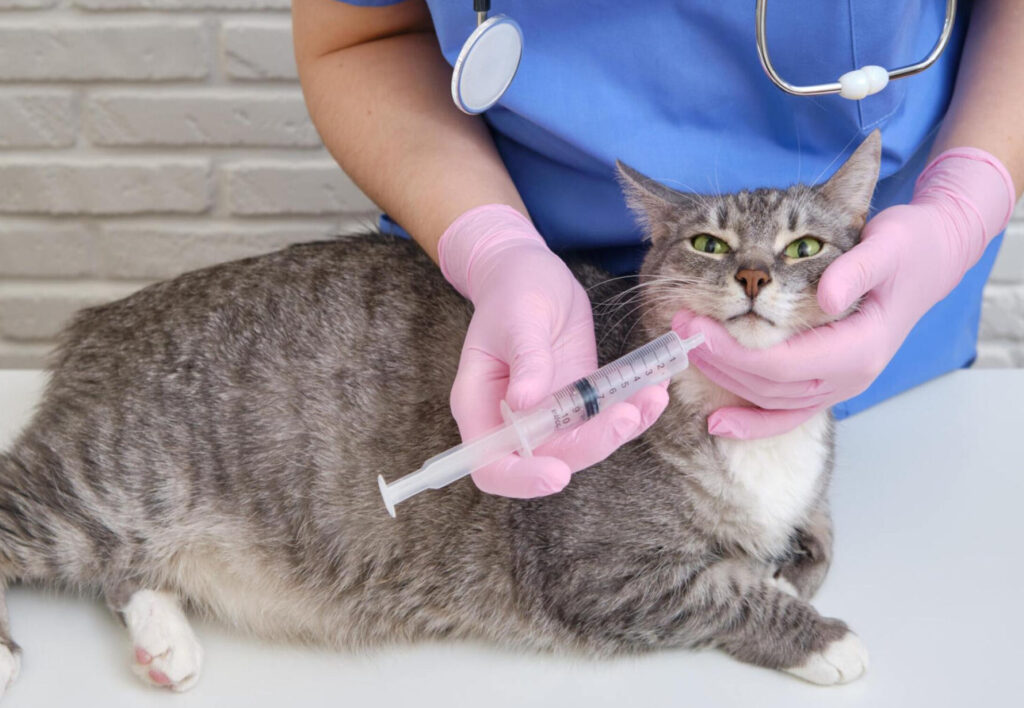The Importance of Vaccinations for Your Cat
Vaccinations play a crucial role in protecting our feline companions from deadly diseases. While there have been concerns about vaccinations potentially leading to health complications, the benefits far outweigh the risks. Let’s delve into why vaccinations are necessary for your beloved cat.
Understanding the Exception
It’s essential to acknowledge the rare instances where vaccinations have been associated with the development of fibrosarcoma in cats. Fibrosarcoma is a type of cancer that may occur at the site of injection. However, extensive studies have been conducted to understand this issue better. These studies have revealed that newer technologies, such as recombinant vaccines, offer safer alternatives with reduced risks of complications.
Indoor Cats: Do They Need Vaccinations?
Even if your cat is primarily indoors and has minimal contact with other animals, vaccinations remain crucial. Some infectious agents are airborne and do not require direct cat-to-cat exposure to spread. Therefore, vaccinations are imperative to ensure your indoor cat’s protection against potential diseases.
Vaccination Schedule for Kittens and Adult Cats
For kittens, a series of FVRCP core vaccinations is recommended, starting at six to eight weeks of age and continuing every three to four weeks until they are 16-18 weeks old. Rabies vaccinations are typically given at the final visit. Additionally, the American Association of Feline Practitioners recommends leukemia vaccines for kittens, regardless of whether they go outside or not. Adult cats should receive FVRCP and rabies vaccinations every three years, with non-core vaccines administered based on lifestyle factors.
Types of Vaccines
Vaccines for cats are categorized into core vaccines, which are essential for every cat, and non-core vaccines, which may be necessary based on a cat’s lifestyle. Core vaccines include the FVRCP vaccine, protecting against panleukopenia, rhino, and calici virus, as well as the rabies vaccine. Non-core vaccines, such as those against feline leukemia virus, are recommended based on factors like outdoor exposure.
Maintaining Vaccination Records and Health Checks
Keeping track of your cat’s vaccination records is vital. Ensure your cat receives boosters as recommended by your veterinarian. While annual health check-ups are essential, vaccinations can often be administered every three years for cats up to date on core vaccinations. It’s crucial to stay informed about your community’s vaccination requirements and opt for safer alternatives when available.
Role of Animal Hospital of Aurora
At Animal Hospital of Aurora, we prioritize the health and well-being of your feline companions. Our experienced veterinarians are dedicated to providing comprehensive care, including vaccination protocols tailored to your cat’s individual needs. With our commitment to preventive medicine and ongoing research, you can trust us to ensure the safety and longevity of your beloved pets. Schedule a consultation with us today to discuss your cat’s vaccination schedule and overall health management.



